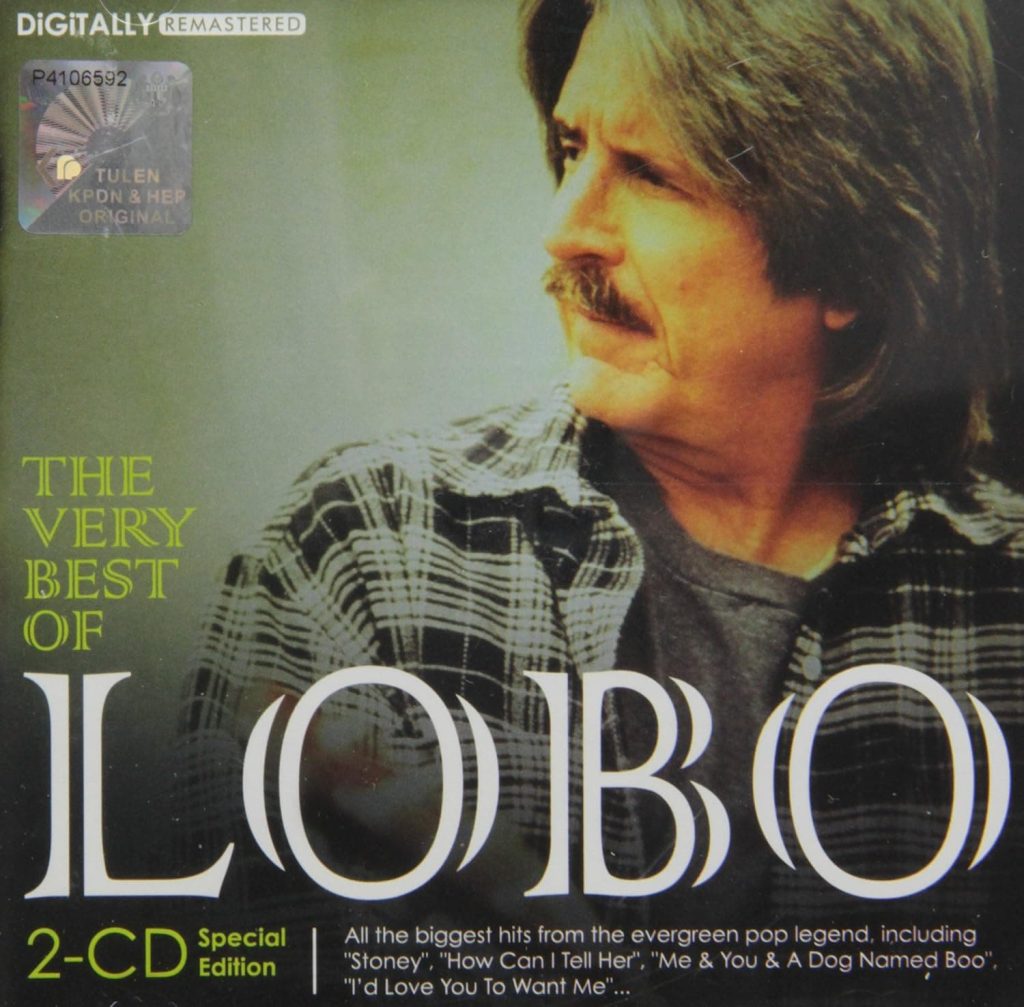
Lobo’s “I’d Love You to Want Me” is a quintessential soft rock ballad from the early 1970s that captured the essence of unrequited love and longing. Released in 1972 as the second single from his album Of a Simple Man, the song quickly became Lobo’s most successful hit, reaching No. 2 on the Billboard Hot 100 in the United States. Its emotional depth, combined with its gentle, soothing melody, solidified Lobo (real name Roland Kent LaVoie) as a prominent figure in the soft rock genre of the era.
The song’s heartfelt lyrics explore the pain and vulnerability of loving someone who doesn’t feel the same way. The line, “I’d love you to want me, the way that I want you,” reflects the universal experience of one-sided affection, where the intensity of one’s feelings is not reciprocated. This sense of longing and quiet desperation is carried through the entire song, making it resonate with anyone who has ever experienced unreturned love. Lobo’s soft, pleading vocals only heighten the song’s poignancy, drawing listeners into the raw emotional landscape of the narrative.
Musically, “I’d Love You to Want Me” is carried by its delicate acoustic guitar, gentle rhythm, and tender arrangement, a signature style that became synonymous with Lobo’s music. The simplicity of the instrumentation allows the lyrics and vocals to take center stage, emphasizing the emotional weight of the song. The subtle orchestration in the background, including the lush strings, adds a layer of warmth, creating a sound that wraps around the listener like a comforting embrace.
The song’s structure is deceptively simple, with a straightforward verse-chorus format, but it’s in that simplicity that Lobo finds a way to connect with his audience. The repetition of the yearning chorus—“I’d love you to want me”—drives home the intensity of the emotion. There is a purity in the way the song conveys its message, with no need for elaborate metaphors or complex storytelling. Lobo uses plain language to express a feeling that is universally understood, which is perhaps why the song has endured through the decades.
At the time of its release, “I’d Love You to Want Me” struck a chord with listeners, not only in the United States but internationally as well. The song became a top-ten hit in several countries, including No. 1 in Germany and Canada, further solidifying Lobo’s global appeal. His ability to blend folk sensibilities with the smoother sounds of soft rock made him a favorite among fans who were drawn to music that spoke to the heart without pretense.
While “I’d Love You to Want Me” is often categorized as easy listening, its emotional intensity sets it apart from the typical fare of that genre. It’s a song that digs deep into the human experience of love, desire, and vulnerability, offering a quiet reflection on the sometimes painful nature of relationships. What makes the song particularly powerful is that Lobo doesn’t shy away from expressing emotional honesty. In a time when many pop songs were focused on the thrill of romance or carefree love, “I’d Love You to Want Me” confronted the darker, more uncertain side of love—the moments when hope meets disappointment.
Despite the song’s melancholy theme, there’s something undeniably soothing about Lobo’s delivery. His warm, intimate voice coupled with the gentle instrumentation creates a mood that is both reflective and comforting. For many, “I’d Love You to Want Me” became a song to turn to in times of heartache, offering solace through its shared understanding of emotional pain.
Over the years, “I’d Love You to Want Me” has remained a staple on soft rock and oldies radio stations, and it continues to be a beloved track for those who appreciate its timeless message. While Lobo may not have had a long string of hits, this song cemented his place in music history as an artist who could capture the complexity of human emotion in the simplest, most relatable terms.
In conclusion, “I’d Love You to Want Me” is more than just a classic soft rock hit—it’s a testament to the power of vulnerability in songwriting. Lobo managed to tap into a feeling that is as old as love itself, and in doing so, he created a song that has stood the test of time. Its enduring popularity speaks to its universal appeal, and it remains a poignant reminder of the bittersweet nature of love and desire.